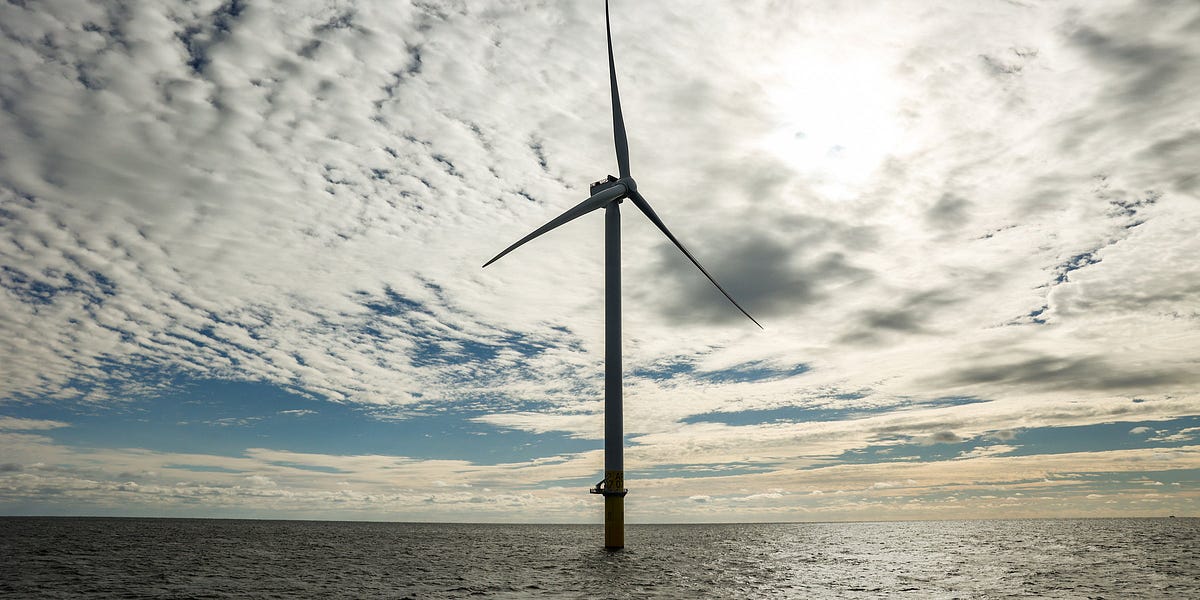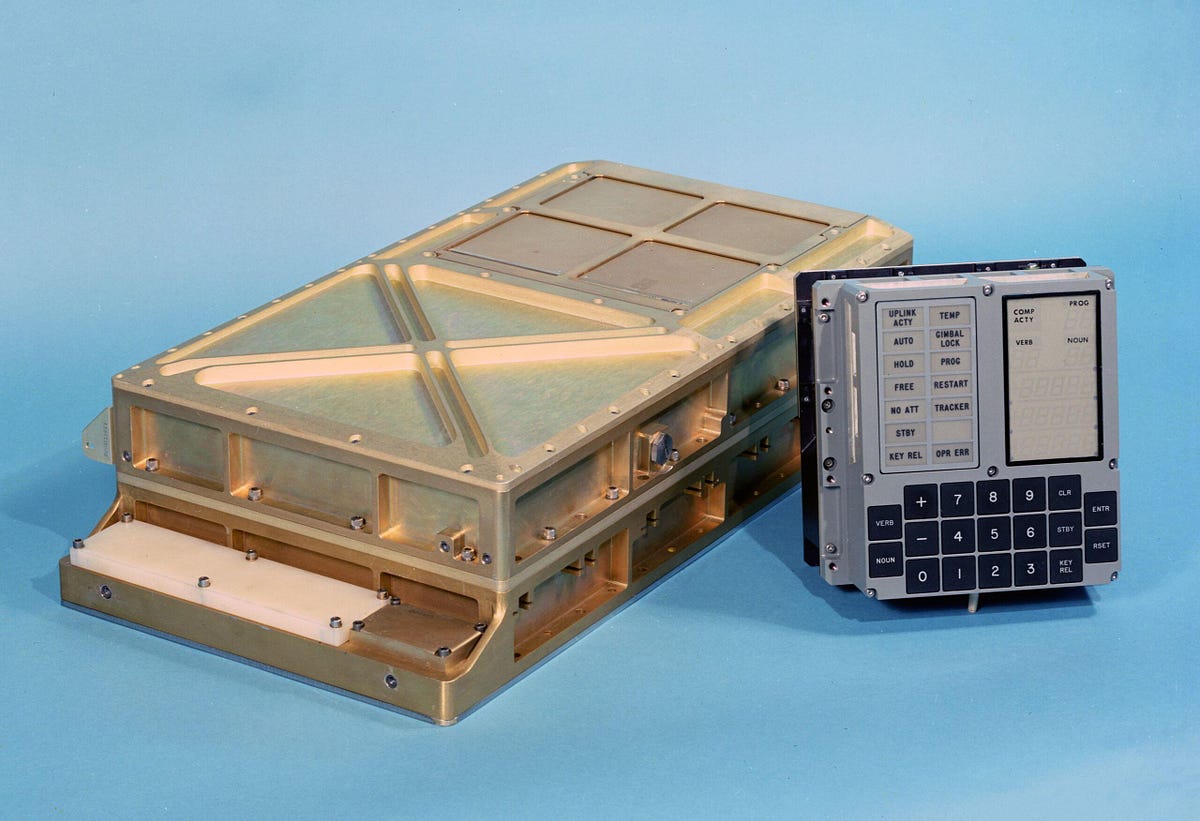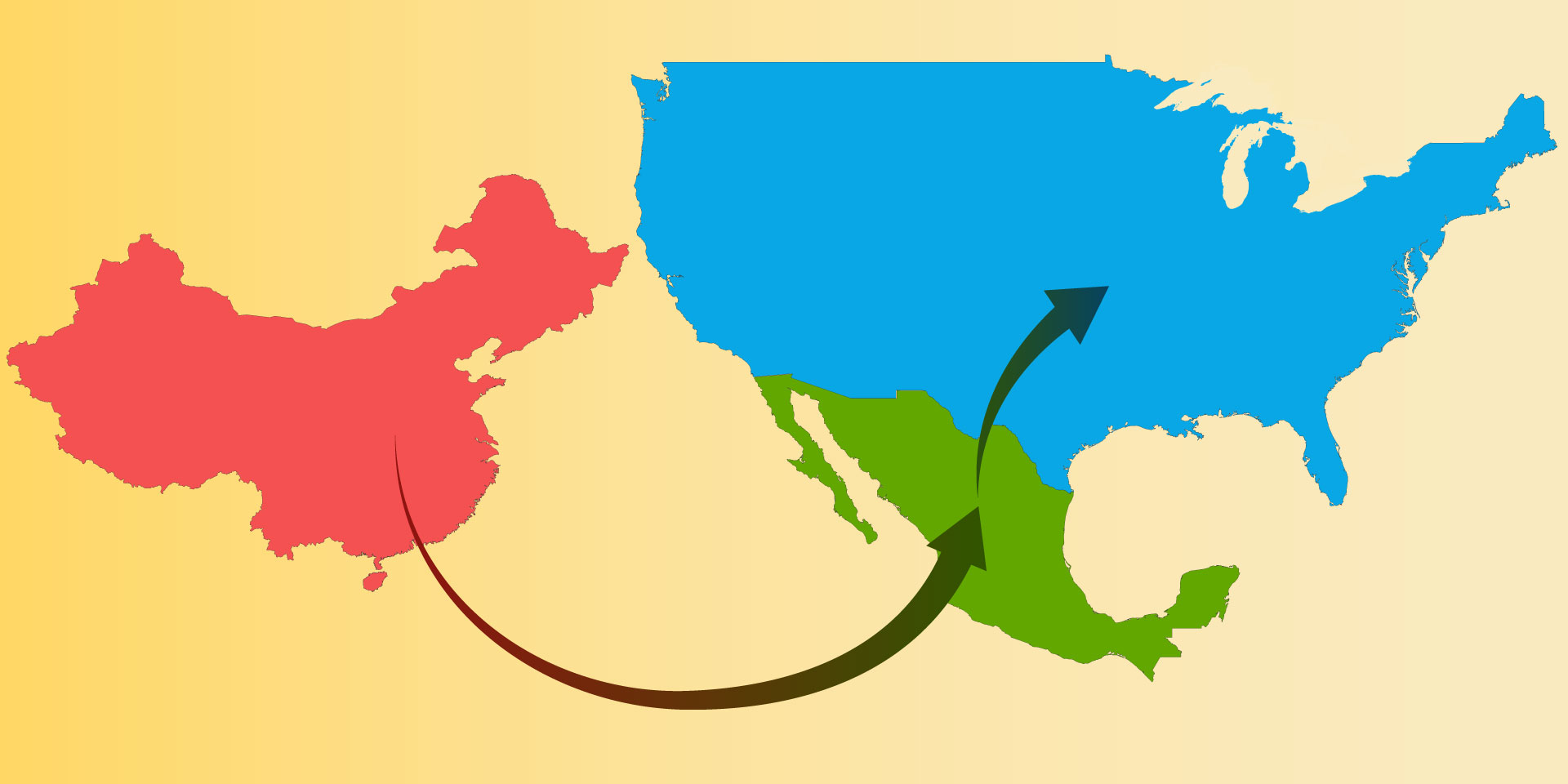
Why Do we Still Have Investor-Owned Utilities?
Leonard S. Hyman is an economist and financial analyst specializing in the energy sector. He headed utility equity research at a major brokerage house and…
The electricity and water utility industries are mirror images in a way. Government agencies service roughly 85% of water consumers and investor-owned companies the rest. Investor-owned utilities serve roughly 85% of the electricity market and government agencies serve the balance. Government agencies provide both essential commodities at a lower cost in both markets. This is not because they are operationally more efficient but for two other reasons: very low tax rates and significantly lower capital costs.
Regarding capital costs, financial theory tells us that when stocks sell above book value (a dubious concept except for regulated industries where it is relevant) the companies that issue equities are earning more than their cost of capital. They should earn more than their cost of capital to have a buffer for emergencies such as wildfires, droughts, and economic downturns. But as monopolies, rates should not produce a return to shareholders that is so high as to take advantage of their captive customers.
Figure 1 shows the market/book ratio for water and electric utilities for five year periods beginning in 1965. Note that the stocks sold well above book value for all but the high inflation-high interest rate period of the early 1970s to mid 1980s.

















/cdn.vox-cdn.com/uploads/chorus_asset/file/25417388/247093_Meta_AI_Ads_CVirginia_D.jpg)





